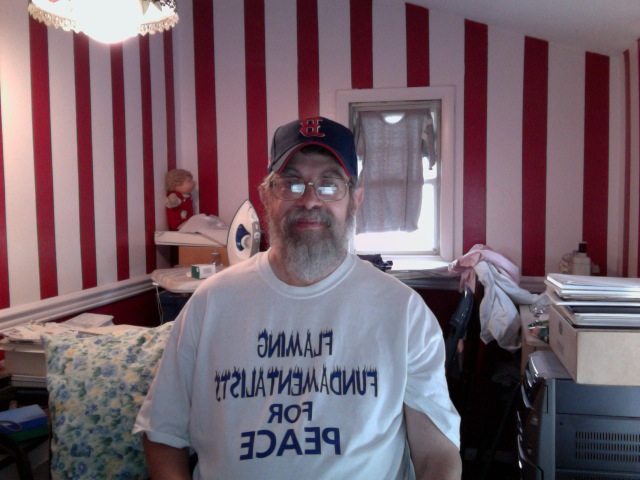many feel good because of how one of its stars, a gentle giant, quietly suffered through
the horrors of poverty and homelessness in a violent neighborhood only
to recover and, with the help of a family of then strangers, gain
success through sports. Michael Oher has traveled from being homeless
to being a professional football player. That's cool. Others feel good
because of the spirited role that the mother played in this boy's life
as she brazenly overcame the obstacles to becoming a real mom to Oher.
And indeed, we should feel good that someone who was in such dire
straights is now successful and that some good Samaritans put so much
effort and resources into another person. And yet, this movie
reinforces ideas and practices that keep the unlucky masses in the same
predicament that Oher was once in.
First, while we felt sad for Oher as he was living in deprivation, we
should ask ourselves if we felt the same for the rest who were living
in his neighborhood. Did our hearts go out to the gang members who hung
out in Oher's old neighborhood? Did we feel for the leader of the gang
who threatened violence and pushed drugs or for his followers? After
all, is not everyone who lived in Oher's old neighborhood a victim of
poverty? So if we only felt sorry for Oher, we might be perpetuating
the idea that there are worthy and unworthy victims, as some have
described the oppressed. For us, worthy victims are those who suffer
hardships, which we could never tolerate, and do so without
having the anger that we often show when we experience minor
inconveniences. Such victims are sometimes considered worthy of our
sympathy because their lack of anger tells us that it is safe to
approach if we should so choose. In addition, their anger-free reaction
also affirms the system from which we benefit.
Unfortunately, the non anger-free people from Michael Oher's old
neighborhood are then counted as unworthy victims. Sure they had it
tough, but we find little in their persons that moves us to have
compassion for them. Ironically, what turns off our sympathy is what we
have in common with these victims as they have reacted normally to
harsh conditions. We then ask what if they want revenge on the system
that has deprived them of a decent life, how will they treat us who
depend on that same system? So, perhaps out of fear, we prefer to see
such people as self-made victims. In contrast, the rare exception, such
as Oher, is able to react in ways that provoke neither fear nor guilt
in the rest of us. Thus, we treat those unworthy victims as if they did
not exist and their state in life becomes stagnate as they become
people who do not
matter--consider that the lowest class of people whom our politicians
appeal to in their campaigns is the middle class. Our society's
response to such people is to warehouse them, as some describe it,
which only increases the suffering.
Second, we should ask ourselves why we tolerate an economic system that
puts ever an increasing number of people into poverty and creates more
Michael Ohers? We should note that not all these future victims will be
blessed with the athletic abilities that allowed Oher to escape. There
is a reason why we tolerate such a system, it is because we live on the
other side of this system's tracks. Many of us who tolerate the current
system are its beneficiaries rather than its victims. Thus, we see
little to nothing wrong with the system and prefer to blame its victims
for their plight. Blaming the system would imply changing it and thus
risking losing at least some of what we have. So we tolerate the
suffering of more and more for the benefit of fewer and fewer until we
are moved to the other side of the tracks.
Sure, the movie "The Blind Side" has redeeming characteristics. But
perhaps the movie's redeeming characteristics keep us from
seeing life as it is for too many and the need to change things. In
addition, focusing solely on the movie's redeeming characters might
convince that we care for the poor--or at least for those who are
worthy of our concern.





